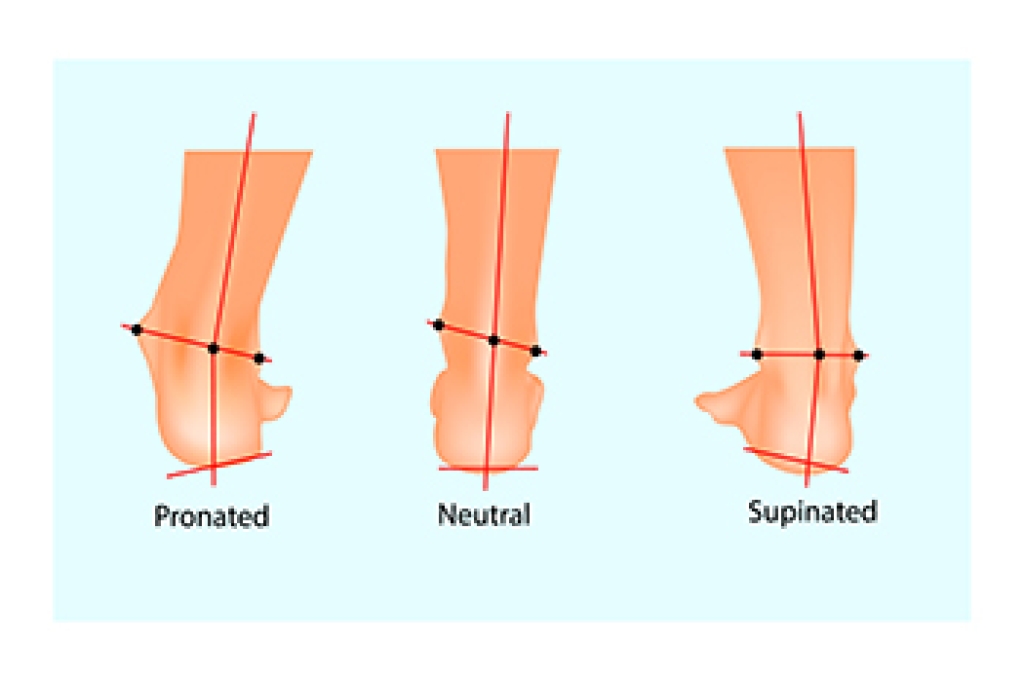
Pronation and supination are movements that describe how your feet interact with the ground as you walk or run, significantly affecting your overall alignment and posture. Pronation refers to the inward roll of your foot during movement, while supination involves an outward roll. Ideally, your foot should move through a neutral position, balancing weight evenly across your foot. However, excessive pronation or supination can lead to pain in the feet, ankles, knees, hips, and even your lower back. Overpronation often flattens the foot’s arch, causing strain. Excessive supination increases pressure on the outer edge of the foot, potentially leading to shin splints or plantar fasciitis. A podiatrist can assess your gait, identify abnormal patterns, and recommend custom orthotics or specific footwear to correct these imbalances. If you often experience foot problems, especially after exercise, it is suggested that you schedule an appointment with a podiatrist for an exam, gait analysis, and treatment options.
If you have any concerns about your feet, contact Kentston Cripe, DPM from Roseville Foot & Ankle. Our doctor can provide the care you need to keep you pain-free and on your feet.
Biomechanics in Podiatry
Podiatric biomechanics is a particular sector of specialty podiatry with licensed practitioners who are trained to diagnose and treat conditions affecting the foot, ankle and lower leg. Biomechanics deals with the forces that act against the body, causing an interference with the biological structures. It focuses on the movement of the ankle, the foot and the forces that interact with them.
A History of Biomechanics
- Biomechanics dates back to the BC era in Egypt where evidence of professional foot care has been recorded.
- In 1974, biomechanics gained a higher profile from the studies of Merton Root, who claimed that by changing or controlling the forces between the ankle and the foot, corrections or conditions could be implemented to gain strength and coordination in the area.
Modern technological improvements are based on past theories and therapeutic processes that provide a better understanding of podiatric concepts for biomechanics. Computers can provide accurate information about the forces and patterns of the feet and lower legs.
Understanding biomechanics of the feet can help improve and eliminate pain, stopping further stress to the foot.
If you have any questions please feel free to contact our office located in Roseville, CA . We offer the newest diagnostic and treatment technologies for all your foot and ankle needs.
